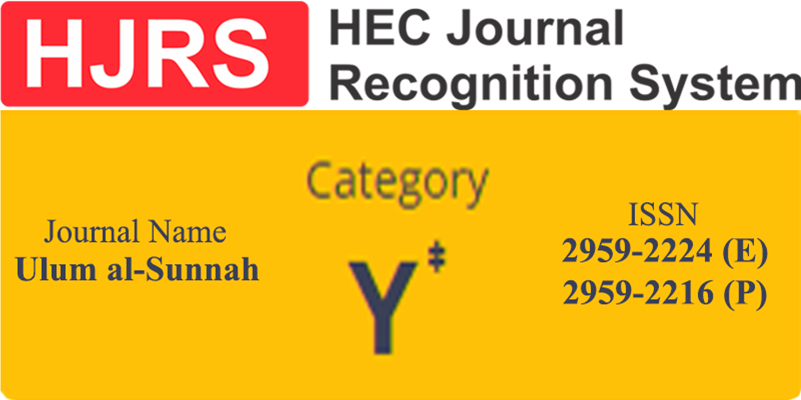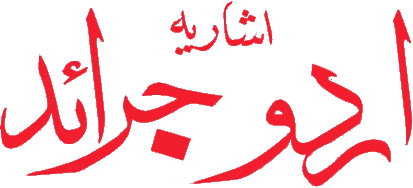شاہ ولی اللہ رحمہ اللہ کی سماجی فکر اور معاصر دیہی اقتصادیات کا معیار زندگی پر اثرات کے حوالے سے ایک علمی اور معروضی جائزہ
An empirical explaination of social thought of shah wali ullah and contemporary Rural Economics impacts on quality of living
Keywords:
Shah Wali Ullah, Social Thought, Rural Economics, Quality of Living, Social Justice, Economic Equity, Sustainable Development, Rural Communities, Agricultural Productivity, Socio-Economic ImpactAbstract
This study provides an empirical analysis of Shah Wali Ullah's social thought and its relevance to contemporary rural economics, focusing on its impact on the quality of living in rural communities. Shah Wali Ullah, a prominent 18th-century Islamic scholar, emphasized the principles of social justice, economic equity, and communal welfare. The research examines how his social thought can be applied to address modern challenges in rural economic development, including poverty, inequality, and sustainable livelihoods. By integrating insights from Shah Wali Ullah’s teachings with contemporary rural economic strategies, the study explores the ways in which agricultural productivity, local markets, social capital, and policy interventions contribute to improving quality of life in rural areas. The findings suggest that a synthesis of Shah Wali Ullah's ethical framework with current rural economic practices can foster more inclusive development and enhance well-being in rural populations.
Downloads
Published
How to Cite
Issue
Section
License
Copyright (c) 2024 Abdul Waheed Khan, Muqaddas ullah, Amir Aziz

This work is licensed under a Creative Commons Attribution-NonCommercial 4.0 International License.
This is an open-access journal which means that all content is freely available without charge to the user or his/her institution. Users are allowed to read, download, copy, distribute, print, search, or link to the full texts of the articles, or use them for any other lawful purpose, without asking prior permission from the publisher or the author. All articles are available on the internet to all users immediately upon publication. Non-commercial use and distribution in any medium are permitted, provided the author and the journal are properly credited.










 Research Journal Indexed by Google Scholar
Research Journal Indexed by Google Scholar